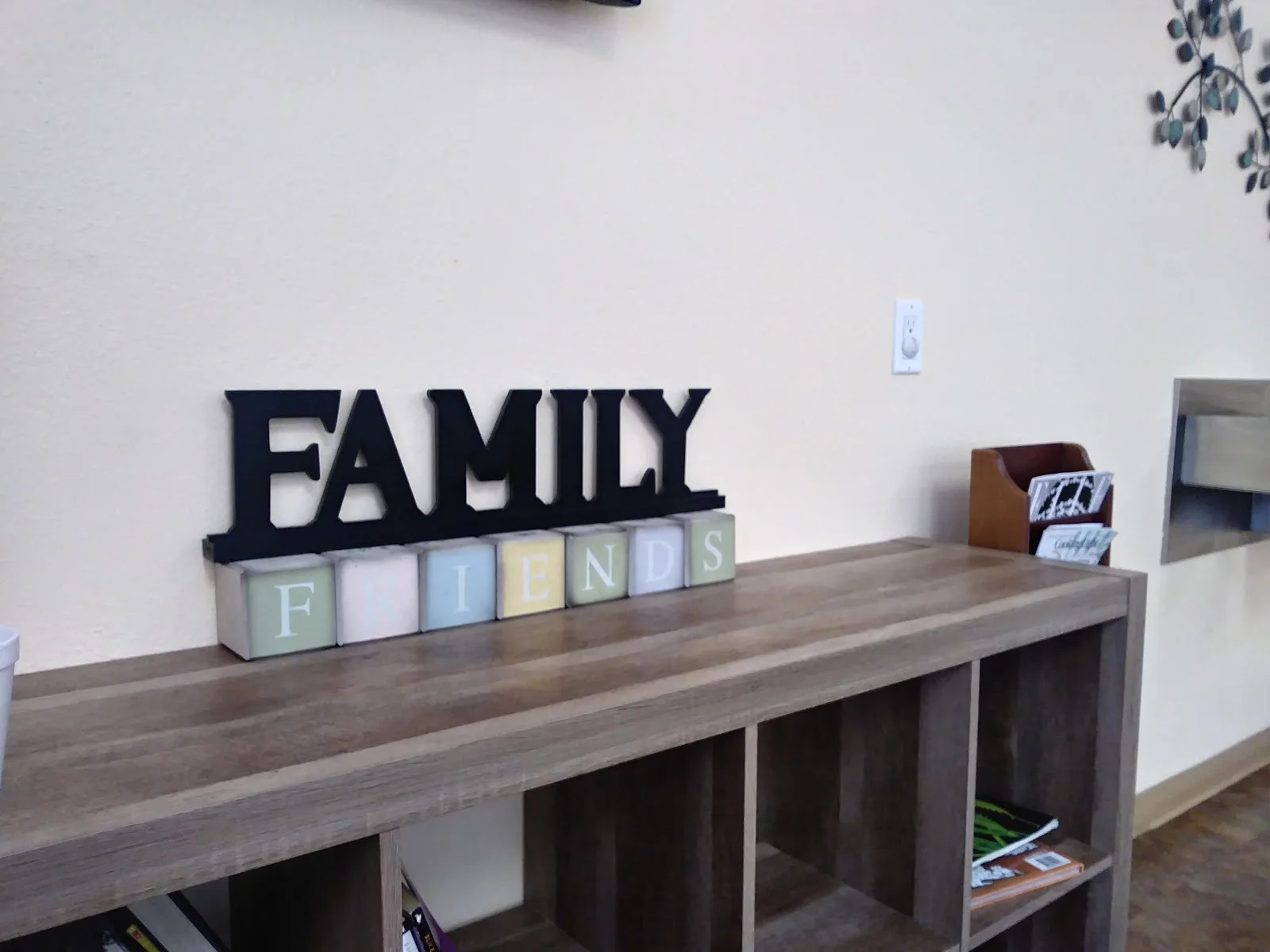MFI Recovery Center, located in Riverside, California, offers comprehensive inpatient and outpatient treatment for women struggling with alcohol and/or substance addiction. The center is dedicated to providing a supportive and medically safe environment for recovery, offering a wide range of services to meet the unique needs of each individual.
Key services provided by MFI Recovery Center include:
- Medically Safe Detox: Supervised detoxification to ensure the safety and comfort of patients during the withdrawal process.
- Mental Health Care: Integrated mental health services to address co-occurring disorders and support overall well-being.
- Individual Therapy: Personalized therapy sessions tailored to each patient's specific needs and goals.
- Parental Classes: Educational programs designed to support mothers in their recovery journey and enhance parenting skills.
- Relapse Prevention: Strategies and support to help individuals maintain sobriety and prevent relapse.
- Outpatient Department Services: Flexible treatment options that allow patients to receive care while maintaining their daily responsibilities.
- Medication-Assisted Treatment (MAT): Combining FDA-approved medications with mental health care to improve the chances of long-term recovery.
MFI Recovery Center is CARF accredited, demonstrating its commitment to maintaining the highest standards of care and ensuring the best possible outcomes for its patients. Through its comprehensive and integrated approach, MFI Recovery Center strives to empower women to achieve lasting recovery and improve their quality of life.
















